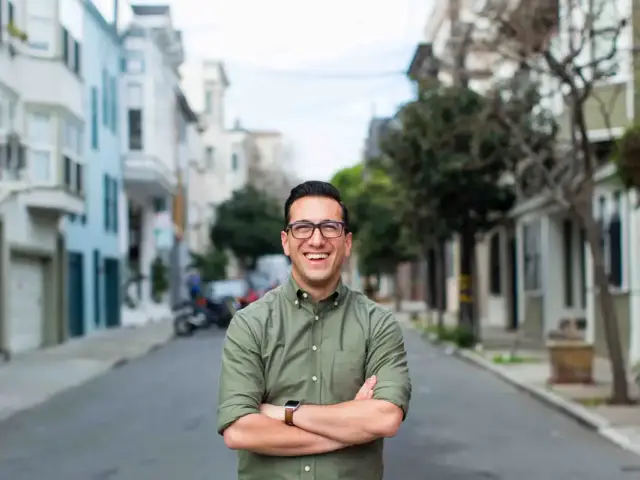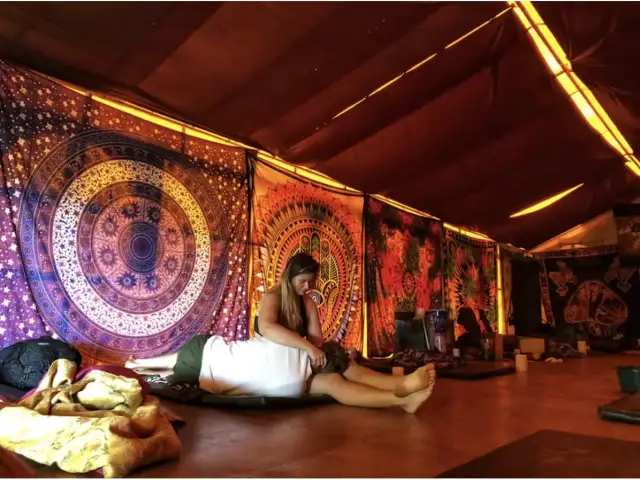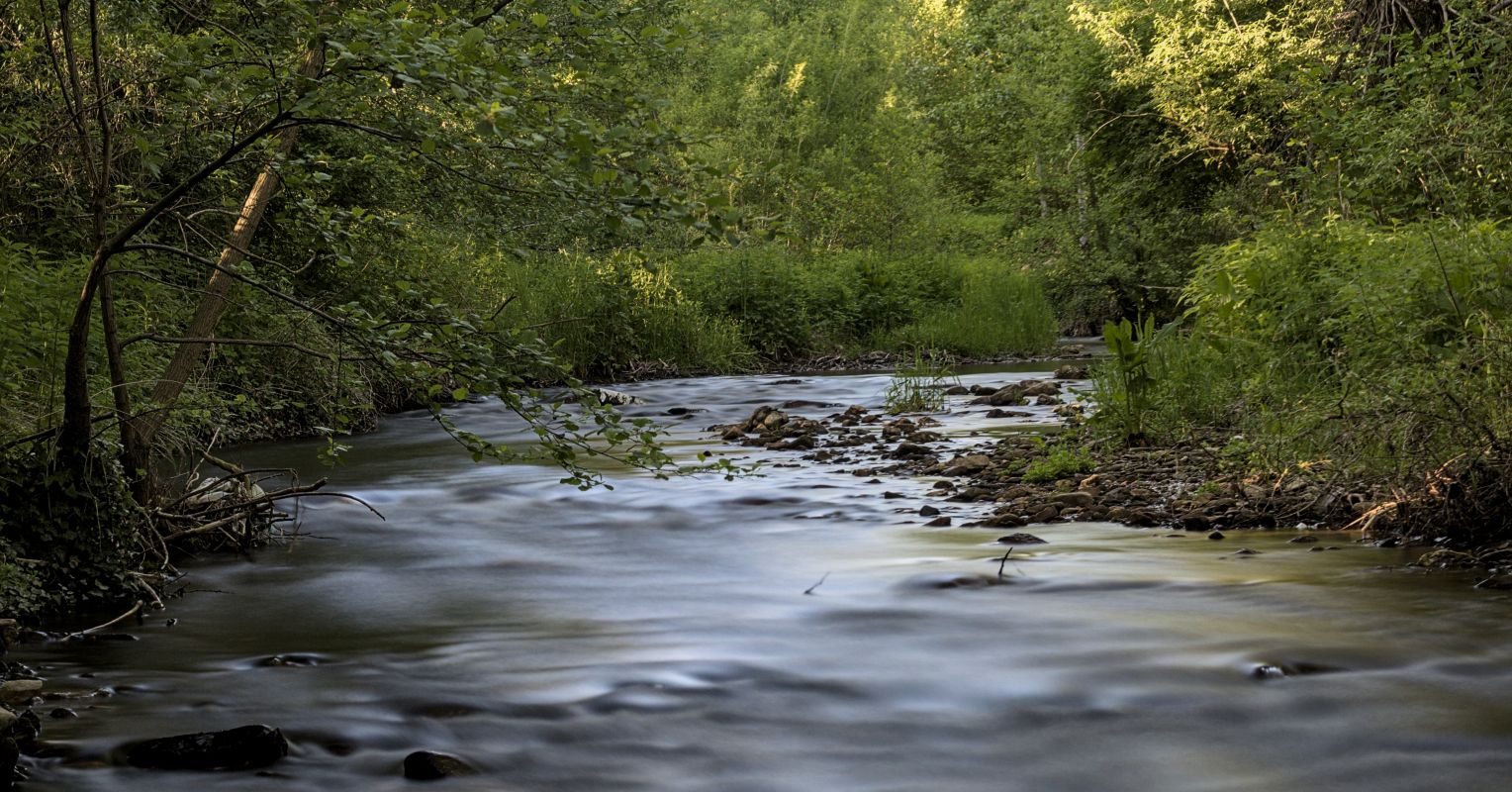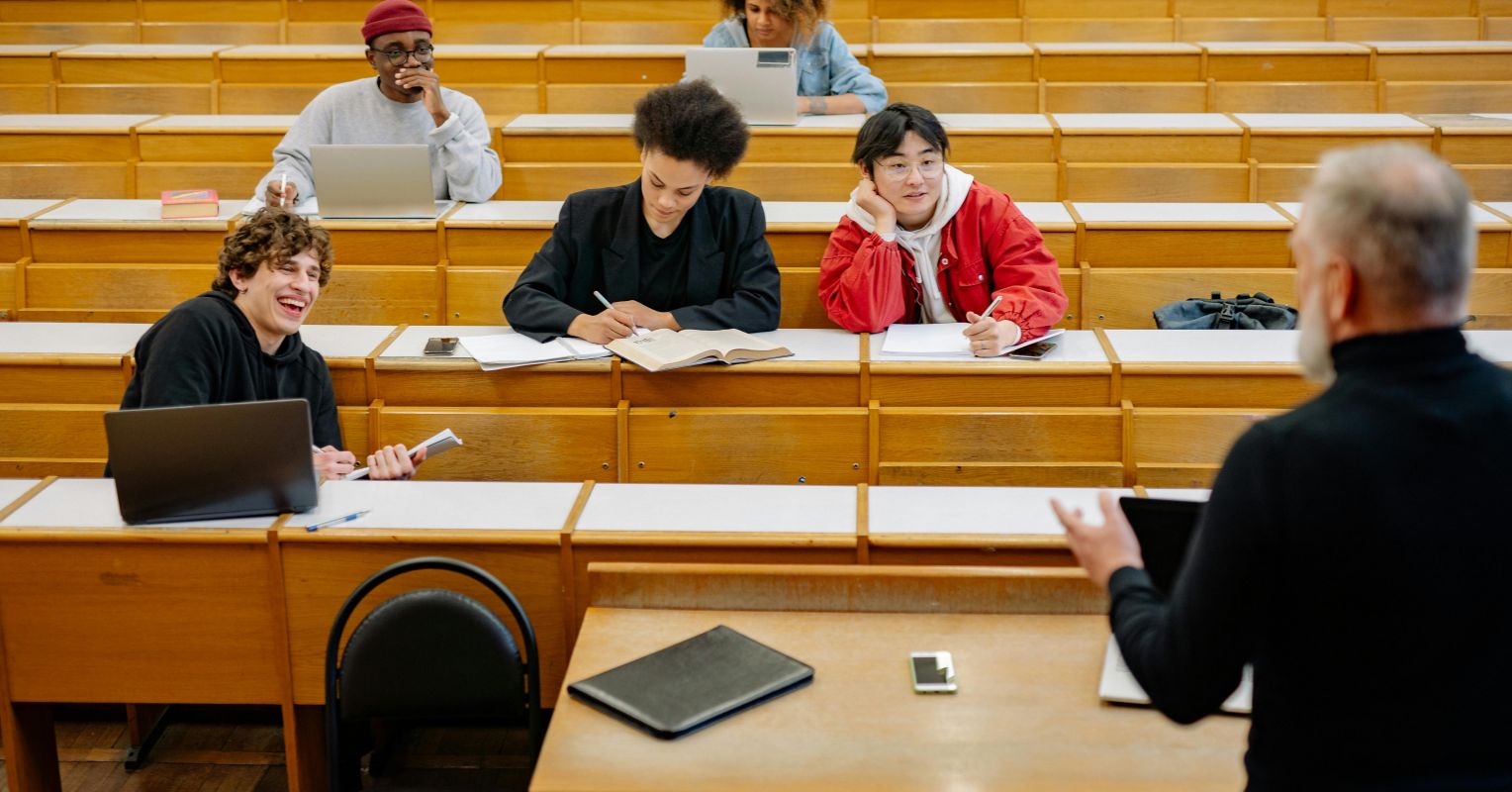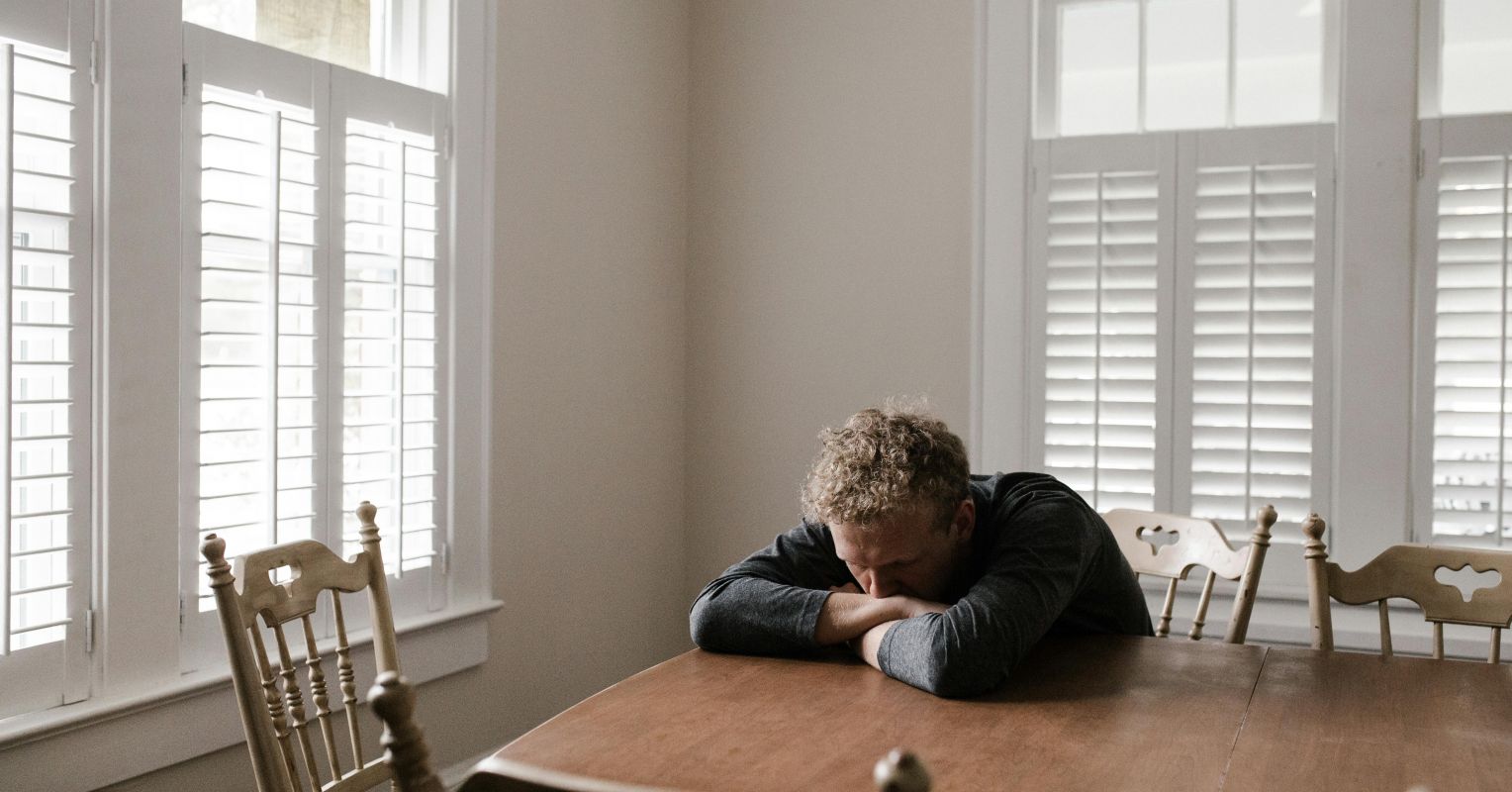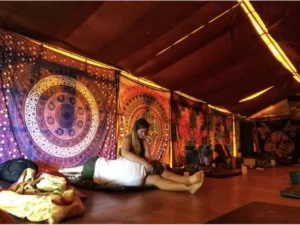I know I sometimes feel cynicism or despair when I think about the new year, and it seems many of my friends do, too. With so much uncertainty and seemingly intractable world problems needing attention, it can be hard to stay hopeful about where we’re heading.
Dr. Jamil Zaki is a professor of psychology at Stanford University and the director of the Stanford Social Neuroscience Lab.
But, as psychologist Jamil Zaki argues in his book, Hope for Cynics, that’s exactly the wrong approach to facing future challenges. Based on research out of his Stanford Social Neuroscience Lab, he argues that hope is a more activating, muscular emotion than cynicism or despair, and that hope is necessary for focusing our efforts and creating positive change.
Though hope may seem hard to find, it can be deliberately cultivated, he argues, by fighting our biases and getting a more realistic, evidence-based picture of other people—and our shared situation.
X

Greater Good spoke to Zaki about the importance of hope—and why practicing hope should be part of everyone’s New Year’s resolution.
Jill Suttie: Why should we allow ourselves to be hopeful or optimistic about the future right now?
Jamil Zaki: It’s important to distinguish hope from optimism. Optimism is the belief that things will turn out well, and that can make us rosy and happy, but it can also make us feel complacent. It’s also often a mismatch with what’s going on around us. If things are really feeling broken in our lives or in the world, optimism can seem ridiculous.
But, hope is different. It’s not the belief that things will go well, it’s the belief that they could improve and that we don’t know what the future holds. Because of that, our actions matter.
So, hope is not a way of ignoring problems or pretending like everything is great when it’s not. In fact, it’s a way of tackling and taking problems head on and saying, “Well, things are not great now, but I can envision a better future. I can find the other people who want it and we can work together to try to achieve it.” It’s actually a great frame of mind for facing adversity—to retain a vision that things could improve.
JS: What does research say about the benefits of staying hopeful—say, versus having a more cynical outlook?
JZ: Oh, that’s massive. It’s very clear that people who are hopeful versus cynical thrive in all sorts of ways. Their Mental health is better, their relationships tend to be stronger, and they tend to achieve more. They’re more focused on the most important goals that they have. So, for instance, hopeful people are more likely to vote or engage in civic action and social movements.
Both hope and optimism tend to be beneficial for people’s Mental health. But hope is also tied to people’s actions. People are more likely to actually go out and strive if they are hopeful.

Hope for Cynics: The Surprising Science of Human Goodness
(Grand Central, 2024, 288 pages).
JS: In your book, you write about the importance of having “hopeful skepticism.” What is that exactly, and how is it beneficial?
JZ: A lot of people think that the opposite of being cynical is being gullible—a naive rube or chump who believes that everybody is great until they get taken advantage of. But that’s not the opposite of cynicism. In fact, cynics and gullible people have more in common than cynics would probably like to admit. They both start with a conclusion—in the case of cynics, people are terrible; in the case of gullible people, they’re great—and then try to support that conclusion by only paying attention to whatever evidence confirms their bias.
Skeptics think more like scientists. They don’t assume that people are great or terrible. They withhold judgment and try to learn when, with whom, and in what situations they can trust and feel hopeful. It’s a much better way to learn about the world, to adapt and build relationships.
Hopeful skepticism is simply saying, “I’m going to think like a scientist. I’m going to wait for evidence [before making broad generalizations].” But, most of us tend to be too cynical without evidence. When we pay attention to the data, when we look at what people are really like, we’re probably going to be pleasantly surprised.
JS: That reminds me of a study in your book, where you had Democrats and Republicans talk about hot button issues (like abortion and gun control) and predict how positive the discussions would be. They were pretty sure the conversations wouldn’t go well, but they did. People rated them as 100% positive. Were you surprised by that?
JZ: We were super surprised, which is ironic given that our hypothesis was that this would go better than people expected. We thought people might underestimate the value of these conversations, but we didn’t realize that we were also underestimating the value of these conversations.
In research, one of the most important things is to protect the well-being of the participants who are taking part in your experiments. So, well, we were really worried. What if people tried to dox one another or threaten one another? What if they swore at or insulted one another? We predicted that our moderators would have to stop 25% of the conversations because they would go too poorly. We were wrong.
The people having the conversations were also wrong. When we asked them, they predicted that the conversations would be somewhere between neutral and awful, and that they’d probably dislike the person more after the conversation. Everyone, the scientists and the participants, were shocked at how positive the conversations were.
That’s great in a way. But it’s terrible too, because it just goes to show you how much our media system has fed us information about “the other” that is wrong and purposefully frightening. It makes us imagine that people we disagree with are more extreme, more hateful, more anti-democratic, and more violent than they really are. It’s sad that we’ve been given these cynical perceptions.
The good news is that when we actually get off our screens and meet one another, we’re often surprised at how much we have in common.
JS: I know a lot of people, personally, who are changing how they take in news—some avoiding it altogether. Where should people look to stay informed, but not fall into despair and increase hateful feelings towards each other?
JZ: Besides the GGSC [Greater Good Science Center], of course [laughs], there’s something called the Solutions Journalism Network. In particular, the Solutions Story Tracker is a website with positive news, but it’s not fluffy, positive news, like a cat being saved from a tree. It’s about real, important social problems, but also about people in communities striving to address those problems in creative ways.
What I do is I bounce back and forth. If I read The New York Times and I feel devastated by anti-democratic practices or something else, I’ll go on Solution Story Tracker and look up that same topic. That helps me balance my media diet.
I completely sympathize with people who are just shutting out the news altogether. But, that’s not what I want to do; I want to stay informed. But I also want to feel as though I’m not only looking at the most sensationalistic, negative depictions of what’s happening in the world—not just because that feels bad, but because it’s only half the story. I want to know what people are doing to make things better, to be inspired and be challenged as well.
JS: Besides changing your news diet, are there other ways people can infuse more hope into their lives—especially for those who find it hard to be hopeful?
JZ: I have a whole appendix in my book that walks you through exactly what you might do to cultivate hopeful skepticism.
Here are a few things for now. One is to fact check your cynical feelings. A lot of us have things that we think or feel that are really broad and general—like, you can’t trust anybody these days, or this group of people are all pretty immoral. The next time you think that, ask yourself, What data do I have for that claim? Is that really something that I can defend?
If not, the second step would be to collect more social data. Often what this means is contacting, talking with, and interacting with real people. Cynicism is so easy on our screens, but hope is much more natural close up. To the extent that we can get close to people and even take leaps of faith with them—trust them in ways that let them show us who they are—that can also build hope.
The third practice is what I call “positive gossip”—sharing stories about human goodness. For me, that’s helpful, not just in combating other people’s cynicism, but in fighting my own.
JS: Yes, you’ve written that you’re a self-proclaimed cynic. What gives you hope for the year ahead?
JZ: That’s a great question. I would say the young people that I interact with are a perennial source of hope. That includes my children, but also my students. I hear so much stereotyping of young people as self-centered or narcissistic, and my experience is the exact opposite. I see Gen Z and Gen Alpha as being the most globally informed and concerned generation I’ve ever known. I think this causes them a lot of anxiety, but also infuses them with such potential. So, I love to see my students growing in their thinking, developing their ideas and their sense of what contribution they want to make to the world.
JS: Do you see these younger generations as hopeful themselves?
JZ: They are certainly more mistrusting of people than earlier generations, which might be in part because we teach them to be mistrustful. The style of parenting that we’ve adopted since the 1980s is much more oriented towards fear than it was before. But, I also see young people as wanting to do a lot, and though I think that’s beautiful, it can also make it harder for them to feel hopeful.
One critical finding from the science of hope is that you need both a will or desire for a better future, but also a path for achieving it. I worry sometimes about the young people in my life, because they seem to want to make a difference in huge global issues that are very hard to put a dent in and can make us feel helpless.
So, I often tell my students to think globally, but hope locally. Focus on parts of their lives and parts of the world where they have agency and where they can see the power of their actions making a difference. I think that’s the best way to maintain hope.
JS: So, do you think staying hopeful makes for a good New Year’s resolution?
JZ: [Laughs] Yes! One could argue that hope is part of all New Year’s resolutions, because they all entail wanting a better future for ourselves, for our families, for our communities, and for the world. Really, the essence of any New Year’s resolution is to experience hope for something better.





